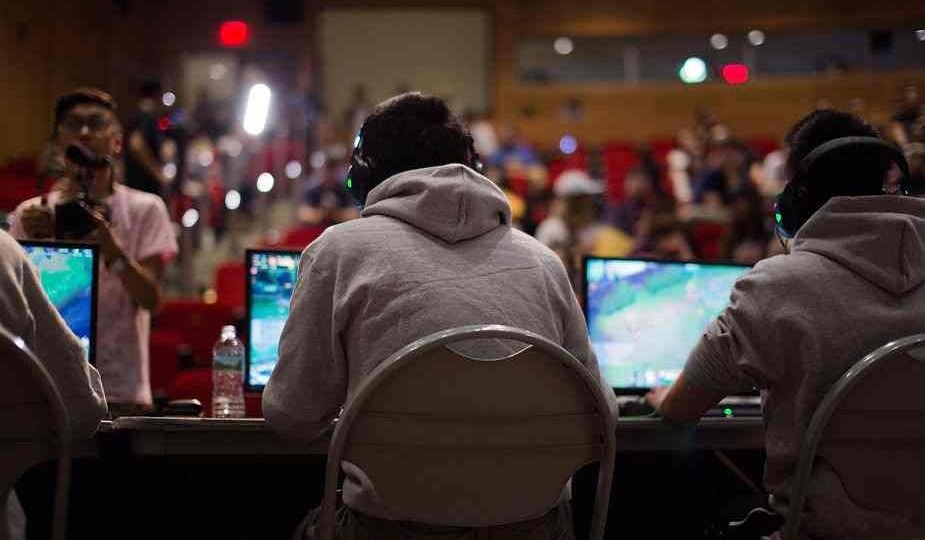
The esports industry is rapidly growing, and it’s no longer just a hobby for passionate gamers. It’s a thriving industry with millions of fans, professional players, and a large global audience. As a result, many institutions are now exploring the opportunity to start their own esports programs to provide students with opportunities to develop their skills, connect with like-minded individuals, and represent their schools in competitive events.
A well-planned and organized esports program, however, requires special attention. When developing an esports program for your institution, consider the following considerations and best practices.
-
Define your goals and objectives. It’s essential to think about what you hope to accomplish with an esports program before you begin. What fun after-school activities can you offer your students? Are you looking to create a competitive team that can compete against other schools? Your goals will determine what resources and equipment you’ll need and what kind of administration support you’ll need.
-
Assess your resources. Before starting your esports program, it’s essential to assess the resources you have available to you. This includes your budget, staff, and facilities. You’ll need to determine how much money you can allocate to the program and how many staff members you can dedicate to it. Additionally, you’ll need to consider the technology and equipment required to set up your gaming stations and host events.
-
Develop a clear mission and goals. Your esports program should have a clear mission and set of goals that align with the overall mission of your institution. Maintaining focus and ensuring that your program contributes to the success of your school will help you stay on track. Some common goals for esports programs include promoting teamwork and collaboration, developing critical thinking skills, and providing opportunities for students to represent their institution in competitive events.
-
Build a strong team Esports programs require a strong team of people to be successful. Coaches, players, administrators, volunteers, and supporters are all included. When building your team, look for individuals who are passionate about esports and have experience in the industry. It’s also important to consider diversity and inclusion, ensuring that your team represents a range of backgrounds and perspectives.
-
Invest in the right technology Esports programs require a significant investment in technology, including high-end computers, gaming equipment, and other hardware and software. When choosing technology, consider factors such as performance, reliability, cost, and compatibility with the games you plan to play. The cost of maintenance, upgrades, and repairs, as well as the cost of licensing and subscriptions for games and other software, should also be considered.
-
Build a strong community One of the critical aspects of a successful esports program is building a strong community of students, staff, and alumni. Games nights, tournaments, and workshops can help accomplish this goal. It is also a good idea to create a dedicated online platform so that students can connect and discuss their shared interests, such as a Discord server or website.
-
Foster a positive and inclusive environment. It’s important to foster a positive and inclusive environment in your esports program where all students feel welcome and valued. Respect must be promoted, and all players must be treated fairly and equally. It would help if you also considered implementing a code of conduct that outlines the program’s expectations for behavior and conduct.
-
Partner with the right organizations. Lastly, partnering with the right organizations is key to a successful esports program. This includes gaming organizations, tournament organizers, and sponsors. These partnerships provide access to resources, expertise, and opportunities for your students to participate in competitive events.

In conclusion, developing an esports program for your institution is a great way to provide students with opportunities to develop their skills, connect with like-minded individuals, and represent their school in competitive events. However, to ensure the success of your program, it’s important to keep these key considerations and best practices in mind. With the right resources, mission, team, technology, community, inclusive environment, and partnerships, your program can be a valuable addition to your institution and provide your students with a unique and enriching experience.